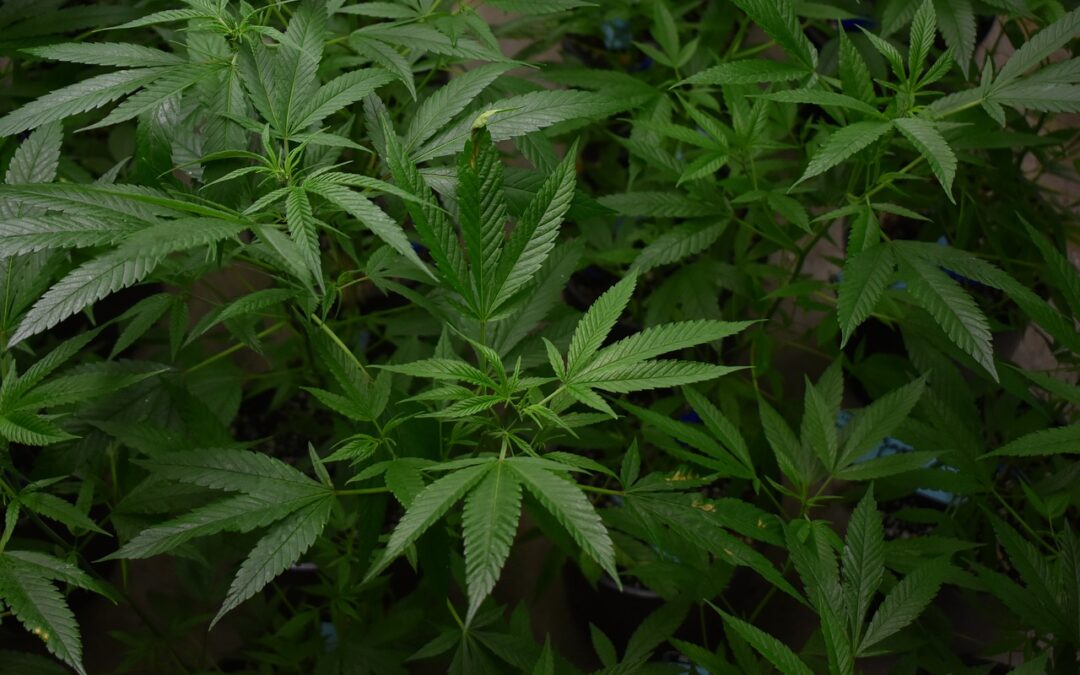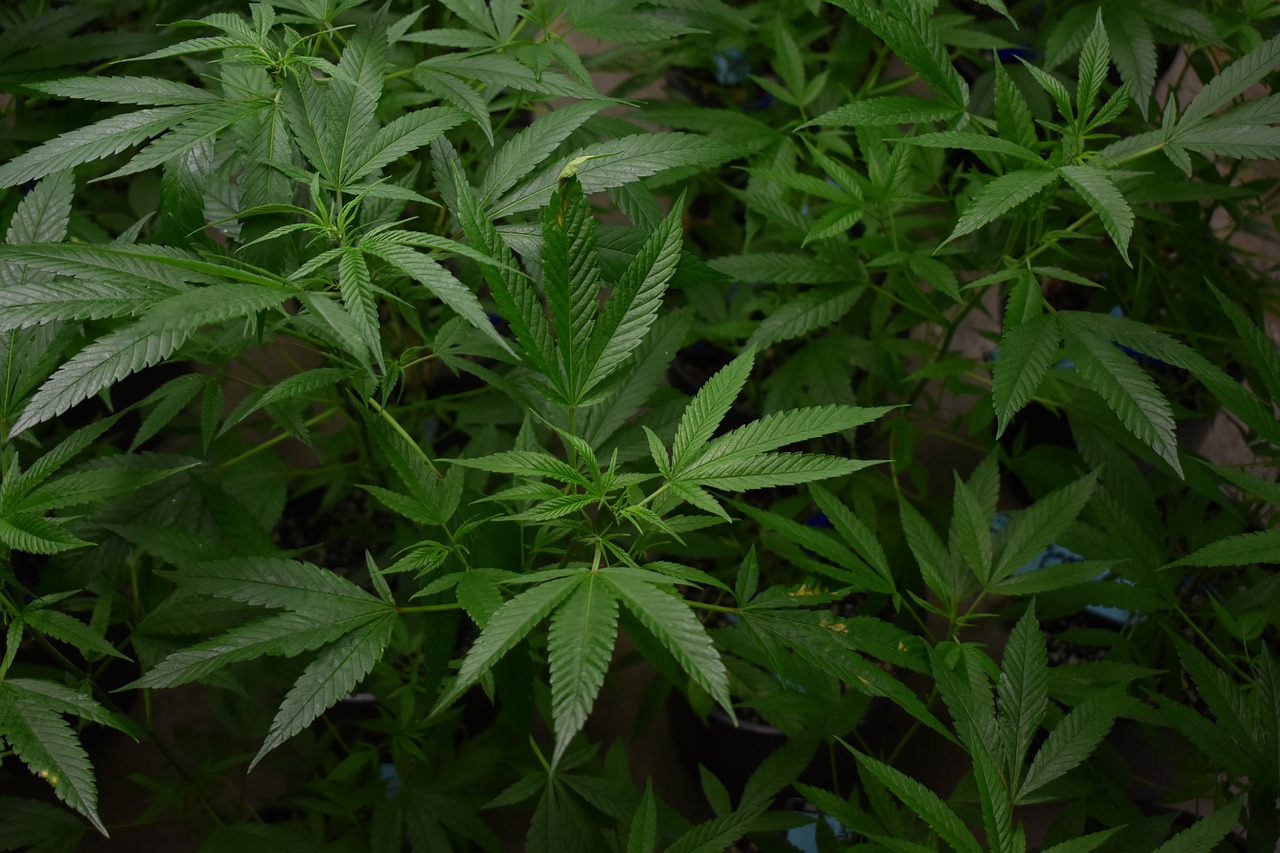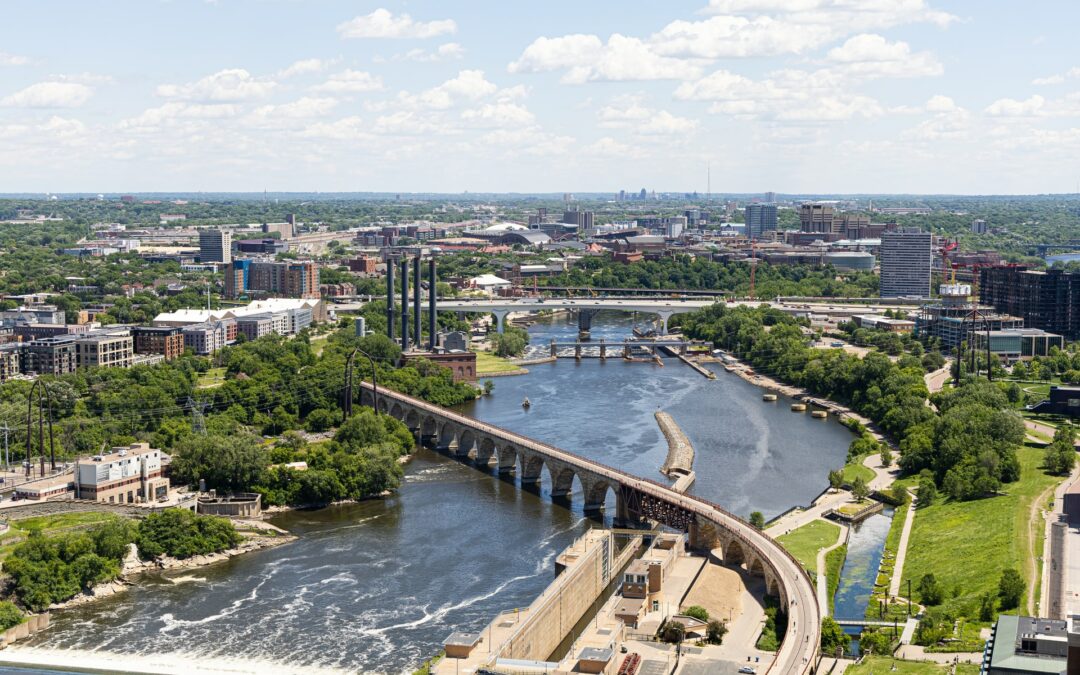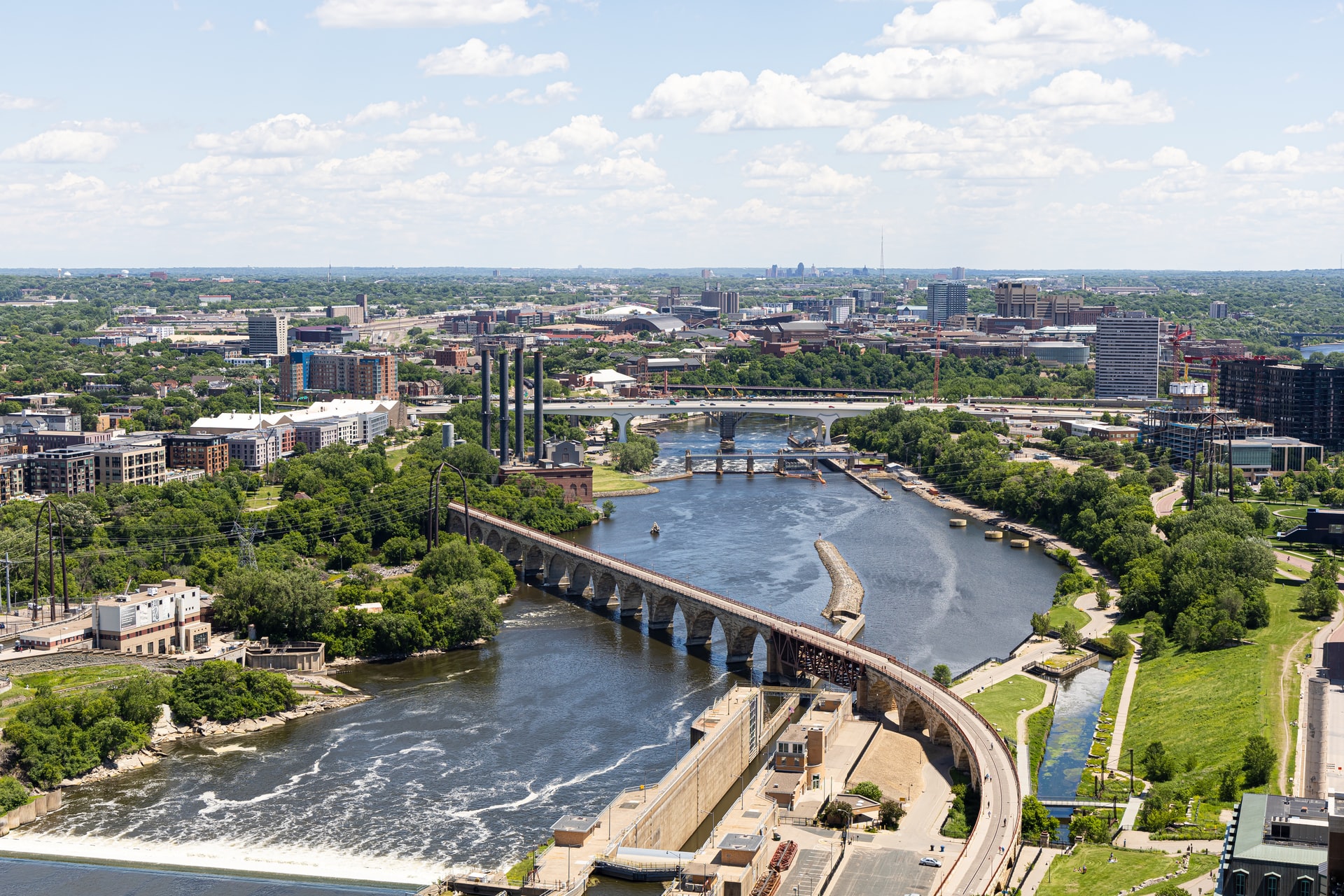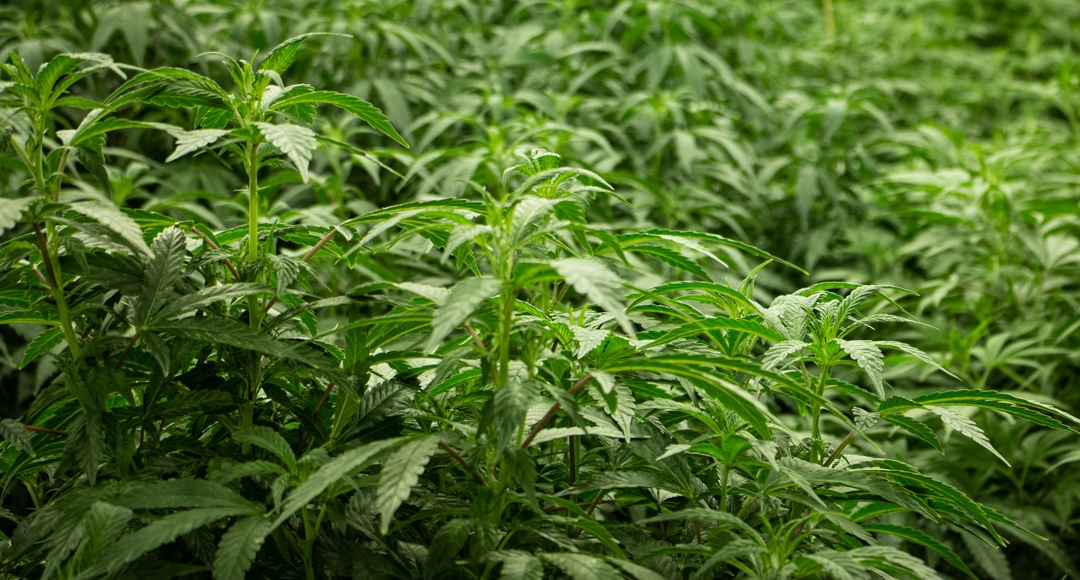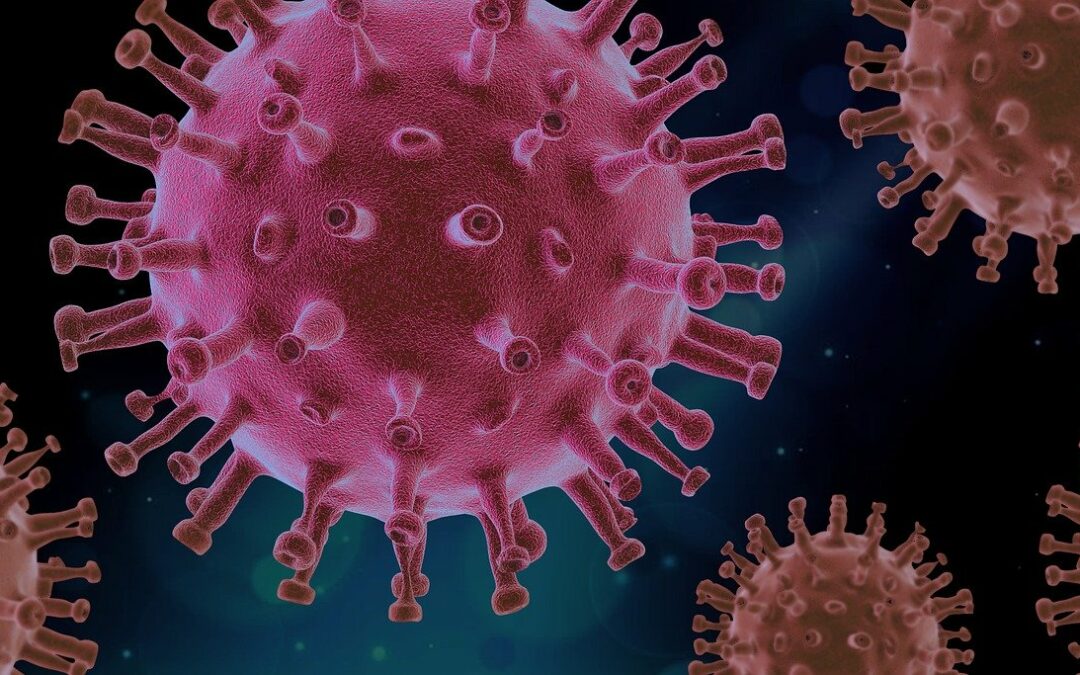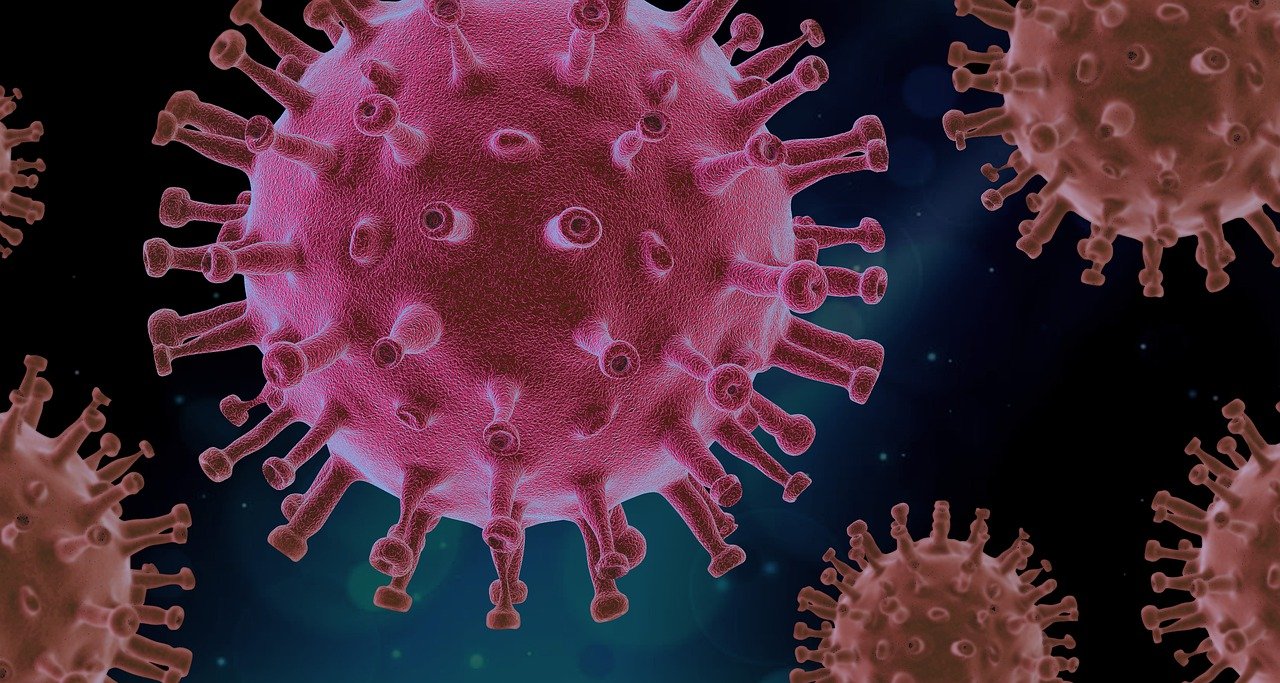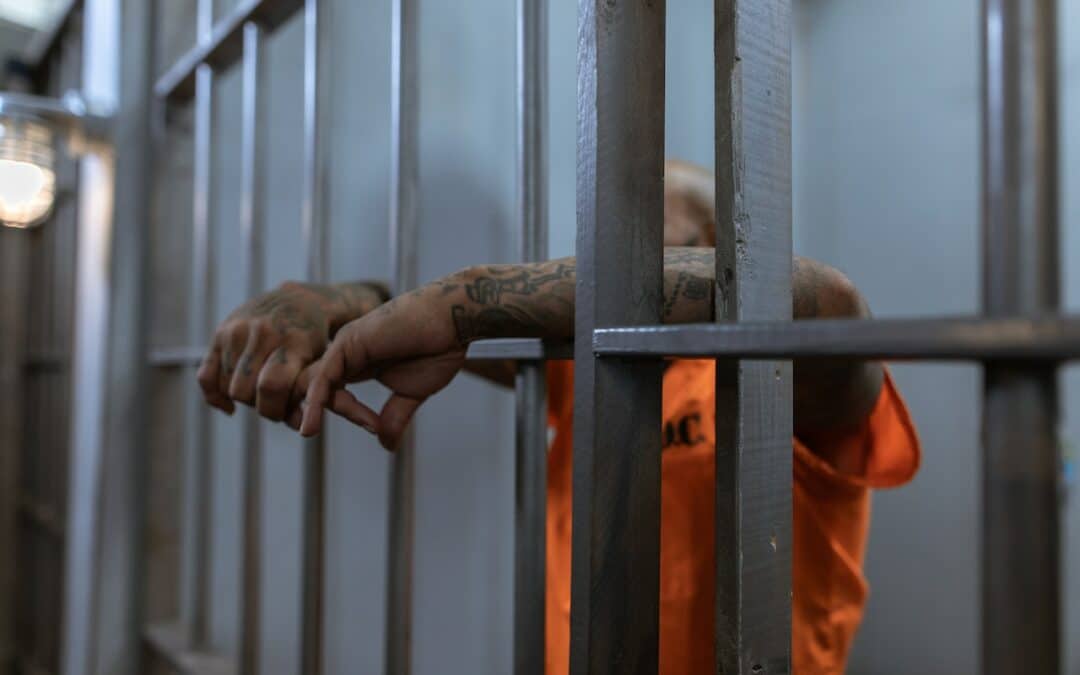
What the Biden Cannabis Executive Order Means
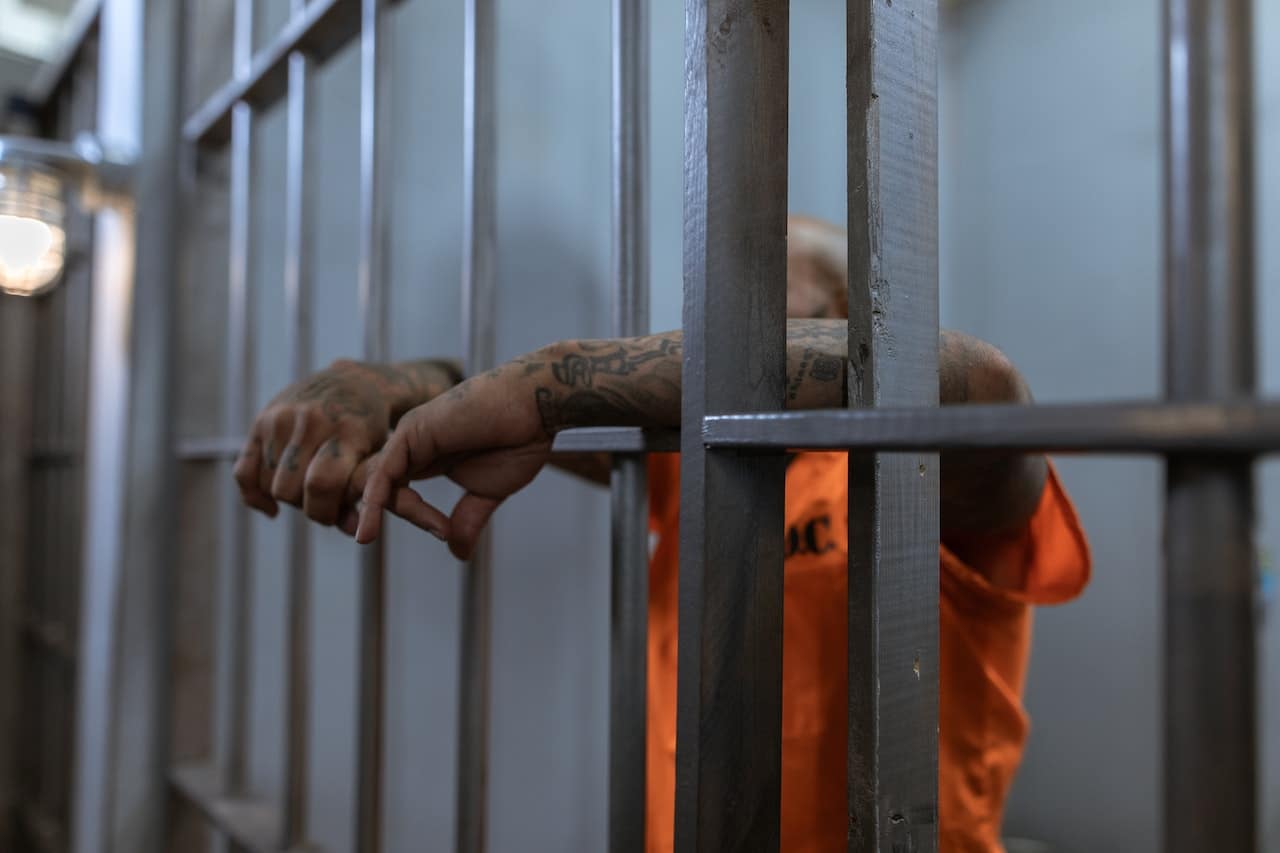
Biden’s cannabis executive order is making waves across the industry and culture, but what does it really mean?
Last week, President Joe Biden signed an executive order that will release those convicted of federal cannabis crimes from prison. There is no doubt that the move is a major step for this administration and the country as a whole.
Many were quick to jump on the excitement of the announcement. Many were under the impression that this order would impact thousands of people wrongfully convicted of minor cannabis crimes. In one sense this is true.
Upon further inspection, however, some are beginning to question the impact that Biden’s cannabis executive order will truly have.
The Biden Cannabis Pardon
Biden’s cannabis executive order will pardon nearly 6,500 people who were convicted of cannabis possession at the federal level. The key word here is “federal”.
For reference, there are over 40,000 individuals currently in prison for cannabis-related crimes across the US. Another comparison would be Colorado, where Governor Jared Polis has pardoned over 4,000 individuals for possession of two ounces or less.
Illinois has cleared nearly 500,000 conviction records for cannabis related crimes since 2019, with over 20,000 individual pardons in the same time period.
In other words, compared to what individual states are already doing, Biden’s cannabis pardon looks relatively minimal. But let’s go back to the word “federal”.
The reason Biden’s cannabis pardon executive order is so huge is actually because it’s only impacting federal cannabis prisoners. This marks the first time that a mass pardon for cannabis-related crime has been announced at the federal level.
Biden’s cannabis pardon, while only applying to a select group of individuals, shows a great step forward toward this administration following through on its campaign promises.
On the campaign trail, Biden supported reclassifying cannabis under the Controlled Substances Act, from Schedule 1 to Schedule 2. In addition to the announcement regarding cannabis pardons, he also asked the Department of Health and Human Services and the Justice Department to review how marijuana is scheduled, or classified, under federal law.
Biden also urged states to consider pardoning individuals for cannabis crimes at the state level.
Biden Cannabis Executive Order Leaves Many Out
Due to the selective nature of Biden’s cannabis pardon executive order, there will still be an additional 3,000 people who have been convicted of higher level federal cannabis crimes who do not get out. And as said earlier, the 40,000+ in state prisons for similar crimes are unaffected by the order.
While Biden encouraged state governors to take action and pardon individuals in their state, some states like Texas have already said that they will not be pardoning anybody.
Switching cannabis from Schedule 1 to Schedule 2 may also not be the positive change many are hoping will move us closer to legalization. Schedule I drugs (where cannabis currently sites) are defined as drugs with no currently accepted medical use and a high potential for abuse.
Schedule II drugs (where cannabis may move) are defined as drugs with a high potential for abuse, with use potentially leading to severe psychological or physical dependence. These drugs are still considered dangerous according to the Drug Enforcement Agency (DEA).
Drugs listed as Schedule II include vicodin, oxycodone (OxyContin), fentanyl, Adderall, and Ritalin. In other words, if the drug is not typically supplied via prescription from a doctor, possession is still illegal.
Cannabis moving to Schedule II may look like a good deal, especially for medical cannabis patients. However the implications that such a move could have on recreational cannabis industries are debated.
The federal government has thus far respected state’s choices to legalize cannabis recreationally, so it is to be expected that it would maintain that discretion even with the changing of federal law. I.e. the federal government will potentially recognize medical cannabis as legal should the scheduling change, while allowing states to keep recreational laws if they so choose.
When the government federally legalized hemp in 2018 under The Farm Bill, states still had the option to set their own laws regarding hemp. Some chose to still ban its production outright, while others made additional restrictions on top of the federal government’s actions.
What Comes Next
Overall the action by President Biden should be viewed positively. While it is not impacting as many people as we would all like, it is a major step for the federal government to acknowledge that simple possession of cannabis should not be a federal crime.
The action marks a step in the right direction for a government that has fought legal access to cannabis for nearly a century. Nobody should expect federally licensed medical cannabis dispensaries in their town anytime soon, however.
Now we wait on the Department of Health and Human Services and Department of Justice to review the scheduling. There has not been any timeline given on how long it may take.

